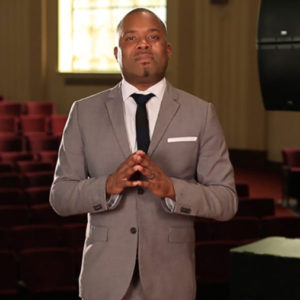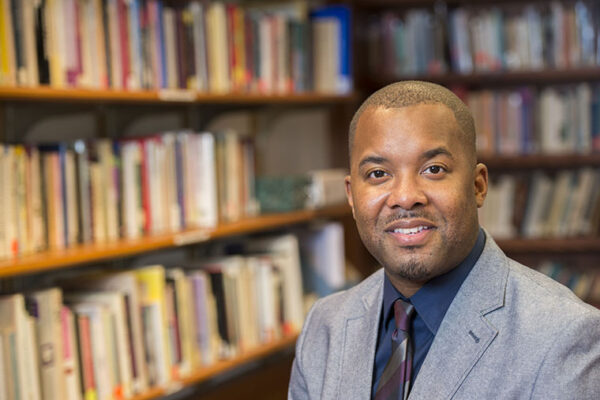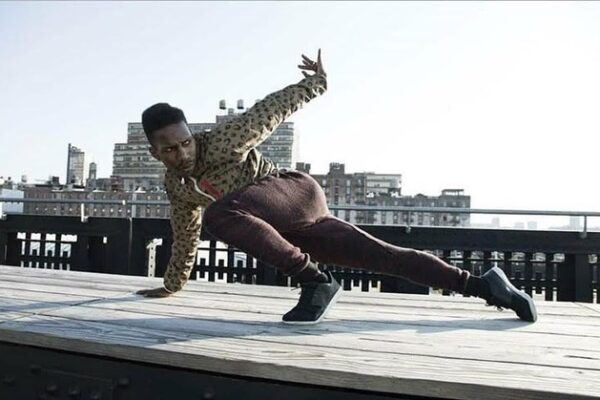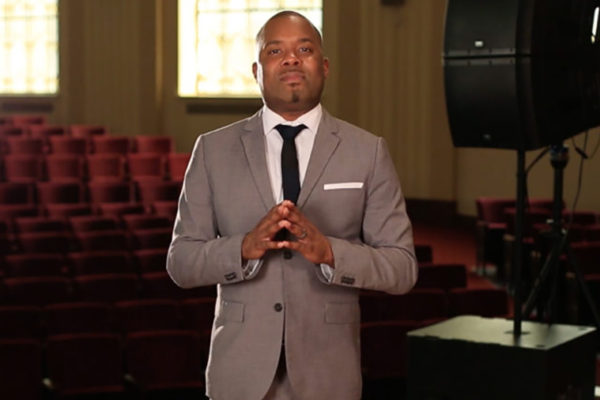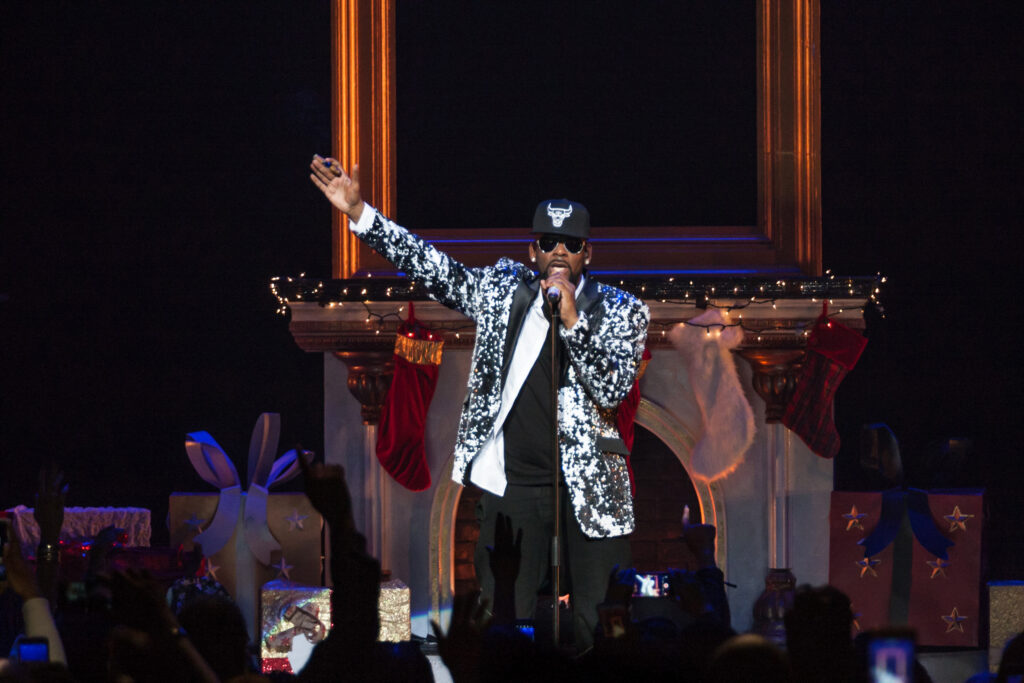
“R. Kelly had a serious problem with power,” said Jeffrey Q. McCune Jr., who studies race, gender and popular culture at Washington University in St. Louis. “He was definitely a star, but he found pleasure in dominating and controlling girls and young women. He felt their youth and naïveté would enable him to do whatever he wanted.”
This dynamic has been part of the conversation around Kelly since at least 2002, when the singer was charged with 21 counts of child pornography. Earlier this month, it finally exploded into the #MeToo era with Lifetime’s “Surviving R. Kelly.”
But for McCune, associate professor of women, gender and sexuality studies and of African and African-American studies, both in Arts & Sciences, the hints go back even farther.
In the early 1990s, McCune was a student in his native Chicago at Kenwood Academy, the Hyde Park magnet school where Kelly, just a few years before, had quit basketball to focus on music. As a rising figure on the national R&B scene, Kelly regularly returned to Kenwood, where students treated him like a star.
“There was a lot of sexual energy around Kelly that we as young people felt was a little bit dark and a little bit inappropriate and a little bit taboo,” McCune said. “And I’m not sure how much of that was the taboo of sex and sexuality for young people at that time, and how much was the real knowing that he was doing this kind of predatory surveillance.”
It was during one of those visits that Kelly met Tiffany Hawkins, a talented young alto who sat next to McCune in choir. “She was one of the most beautiful people I had ever known,” McCune said. “Sweet and endearing, very ambitious, and very sprightly. And after R. Kelly … I saw this decline in her energy and her sprightliness.”
In 1996, Hawkins filed suit against Kelly and his record label, alleging that the singer had coerced her into sex at age 15. The suit included similar claims from another Kenwood student, who alleged that she’d met Kelly as a 14-year-old freshman and had sex with him at 16. The singer would have been in his mid-20s.
“It became clear to me in that era that there were many young girls who were getting their bubbles burst,” McCune said. “They were excited about the opportunity to do certain types of musicianship, to be in a studio, to have air time … R. Kelly’s music and persona were a trap.
“That’s emblematic of a larger system of toxic masculinity that treats young women as the property of men,” McCune said. “You feel you have the right to hold this woman in your space, to tell her what to do, to tell her where to go. It’s a predatory energy.”
Today, when #MeToo and toxic masculinity have entered the everyday discussion, McCune sees culpability in all directions.
“I don’t think that we can let any of us off the hook, because we’re all participants in this patriarchal culture,” McCune said. “It’s a culture that continues to produce moments of sickness and violence, which we see in R. Kelly, and Harvey Weinstein, and Bill Cosby, and Kevin Spacey, and in so many others.
“But it’s important to hone in on these moments, because in them we learn about the patterns of sexual abuse and the ways those patterns are deployed,” McCune said.
“We have to keep pushing back.”
